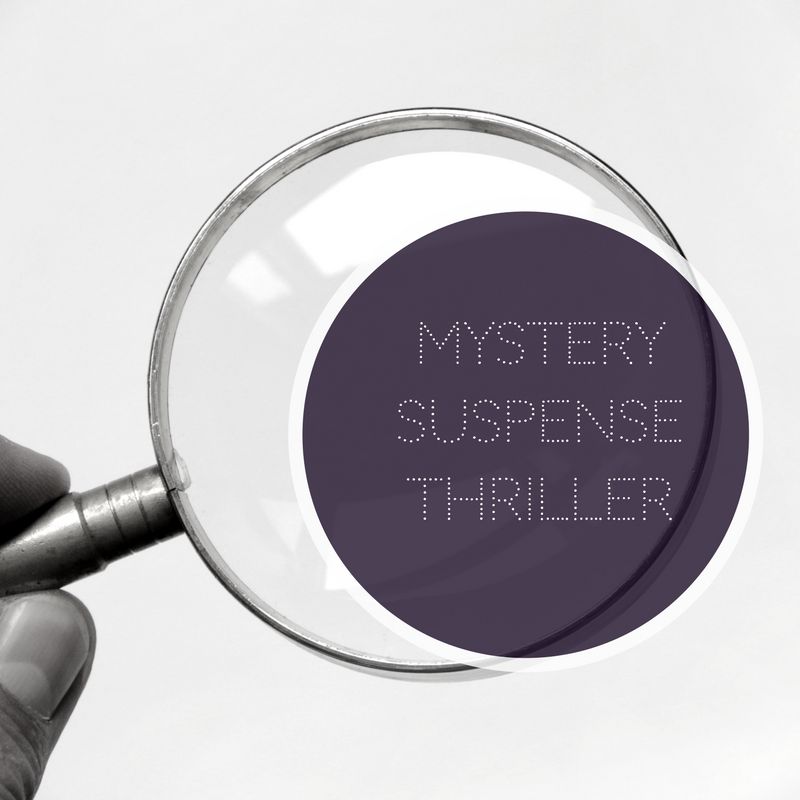“I write fiction. Is research really necessary?”
“… a novelist has nearly the same obligation for accuracy as a news writer. Your made-up world must ring true.”
Chuck Sambuchino
How do mystery, suspense, and thriller writers produce an authentic novel and achieve believability?
Consider the seven “R’s”.
Ready an organizational system for the material you gather, whether it be an online file or old-school file folders. Utilize whatever makes sense to you.
Restrain from spending too much time on research.We’re fiction writers, not Ph.D. candidates working on dissertations.
Restrict your focus. Is your setting real or fictional? Is it set in the city or country, suburban or rural, present-day or historical? Determine key locations and the world beyond.
Readers bring no preconceptions to a fictional site. The author breathes life into the narrative by creating everything. Customs, history, climate, natural surroundings, people, food, the hobbies and jobs of the characters, maps, and even language must emerge from your imagination.
If your setting is a real place and you’ve failed to do the work, an agent, editor, or a reader who knows the area may label your book as implausible. Or worse, toss it onto the rejection pile.
“Stories set in real locations, then, demand detailed local knowledge and/or meticulous research of the setting.”
Harvey Chapman
Read magazines, journals, and books on your subject and in your genre. Learn the occupations of your characters. Dig into past events, the natural surroundings, and the latest news from the area. Make your backdrop as familiar as your own living room. Make the details as accurate as an FBI manual.
Utilize the resources of libraries, colleges and universities, museums, or law enforcement. Maps give us direction and perspective, and the placement of landmarks, roads, stores, houses, schools, and cemeteries. Data from contracts, marriage and birth licenses, and census records add authenticity.
Record observations. Watch others who are similar to your characters to see how they talk and behave. Visit places that serve the same food your characters would eat and places they might frequent.
Often a visual image will spark ideas. Watch videos on YouTube, catch documentaries, or even cruise Pinterest for ideas, inspiration, and information.
Road trip. The journey may be as close as the local library, or as far away as a long-distance car ride or flight. If you’ve never been to your novel’s location, consider discovering the area with a hands-on approach.
Notice details as you travel. These can contribute to your characters’ motives and choices.
Once there, talk to the locals. Discover the area’s activities, customs, traditions, where people shop, eat, go to school, and even select where your characters might live.
Walk the area and feel the ambiance. Use your senses. Find out what things taste like, smell like, feel like, sound like.
Research for my latest WIP required an eleven-hour road trip. Even though I was familiar with the area, I hadn’t visited in years. The lonely two-lane highway leading to my destination was now bustling with oil-field trucks, pump-jacks, new refineries and hotels, and clouds of grey haze. But fortunately, my ideal locale was as I remembered–– craggy mountains graced by long stretches of prickly pear cactus and mesquite scrub, remote and raw. Perfect for a mystery or suspense.
Once there, I bee-lined to the local diner and feasted on the house special, green chili burgers and thick-cut fries. I chatted with the owner and her employee. (Yes, just one.) They shared how the clear night sky bursts into sparkles of light, where one gets mail and supplies, and how chili cook-offs and cow patty throwing contests are a ‘thing.’ Of course, Elizabeth and Debbie will find a place in my book’s acknowledgments!
Roadblocks. No one likes a data dump. Weave your discoveries into the novel and never let it rise above the plot, characters, and setting. A bit of true-life flavor goes a long way
Don’t use fact-finding as a means to delay writing.
Complete your searches ahead of time. If you need to add a detail later make a note, but keep the writing flowing.
Let research inform the story, not smother it. Do the work. It may be the difference between a book contract and a rejection letter.
“Though we invent tales that didn’t really happen, we drape them over a framework of real-life facts.”
Chuck Sambuchino
Write well, my friends.
PJ Gover

PJ Gover encourages her readers to live the thrill…one story at a time, whether through her devotionals or thrillers. She has received ten writing awards including first place in American Christian Fiction Writer’s First Impressions contest, the North Carolina Christian Writers, and the Write-to-Publish contest. Her one-year devotional book, Celebrate Thee Date, can be found at 4homestore .
A ranch in Texas serves as home base where she is currently working on a suspense novel. Offer her Mexican food or anything gluten-free and you’ll have a friend for life. Jim Hart of Hartline Literary Agency represents PJ.
Connect with PJ at PJGover.com or facebook.com/pj.gover


 We love helping your growing in your writing career.
We love helping your growing in your writing career.

No Comments